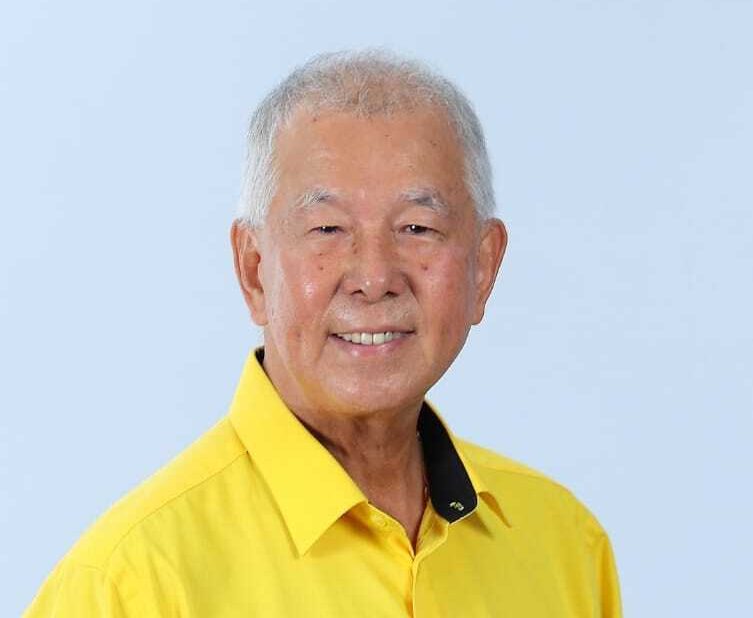
KUCHING: The Sarawak government’s implementation of the Free Tertiary Education Scheme (FTES) is a testament to its commitment to the welfare of the people, said Sarawak United Peoples’ Party (SUPP) Secretary-General Datuk Sebastian Ting Chiew Yew.
He described the initiative as a groundbreaking move, being the first of its kind in Malaysia, underscoring the state government’s determination to support Sarawakian students through concrete measures.
“This scheme not only covers full tuition fees for university students but also provides an annual living allowance of up to RM15,000 for students from low-income families, ensuring they can pursue their studies without financial constraints,” he said.
Ting, who is also Piasau assemblyman, explained that the Sarawak Cabinet, during its meeting on March 20, approved an annual allowance of RM15,000 for Sarawakian students from households with a per capita income of RM1,500 and below.
“If calculated based on a 10-semester academic structure, eligible students could receive RM1,500 per month. However, if distributed over 12 months, the average monthly allowance would be RM1,250,” he elaborated.
He noted that many families struggle to afford university education for their children, particularly those from lower-income groups, such as daily wage earners and single-parent households.
“This RM15,000 allowance is specifically designed for students who genuinely need financial aid, ensuring they can focus on their education without additional financial burdens,” he said.
He stressed that the Sarawak government is prioritising the needs of students, not only by offering free tertiary education but also by ensuring that underprivileged students have equal opportunities to excel.
“We do not want financially challenged students to be forced into part-time work, which might affect their academic performance. While working part-time can be a valuable life experience, we have seen cases where students, despite benefiting from free secondary education, were forced to drop out due to financial difficulties. We do not want history to repeat itself.”
Ting said the FTES applies to universities in Sarawak, including Swinburne University of Technology Sarawak Campus, Curtin University Malaysia, University of Technology Sarawak (UTS), and i-CATS University College. It covers Science, Technology, Engineering, and Mathematics (STEM) courses, as well as Law, Medicine, Accounting, and Finance degree programs.
He also pointed out that current students enrolled in these institutions in relevant fields will be eligible for the scheme once it takes effect next year, even if they are entering their second or third year.
“This also applies to Sarawakian students currently studying in foreign institutions or other universities. If they choose to return and continue their studies in Sarawak’s recognised universities next year, they too can benefit from the free tertiary education scheme,” he added.
Ting expressed confidence that this initiative will benefit many Sarawakian students by easing their financial burden and enabling them to complete their higher education.
“This move will also contribute to Sarawak’s future development by cultivating more skilled and talented individuals.”
He emphasised that the Sarawak government’s free education scheme is inclusive, regardless of race or economic background, and is based on the principle of talent development.
“No matter your background or ethnicity, every student has equal opportunity under this policy. The Sarawak government’s goal is to nurture and retain talent by providing them with the best possible education opportunities,” he said.
By Connie Chieng